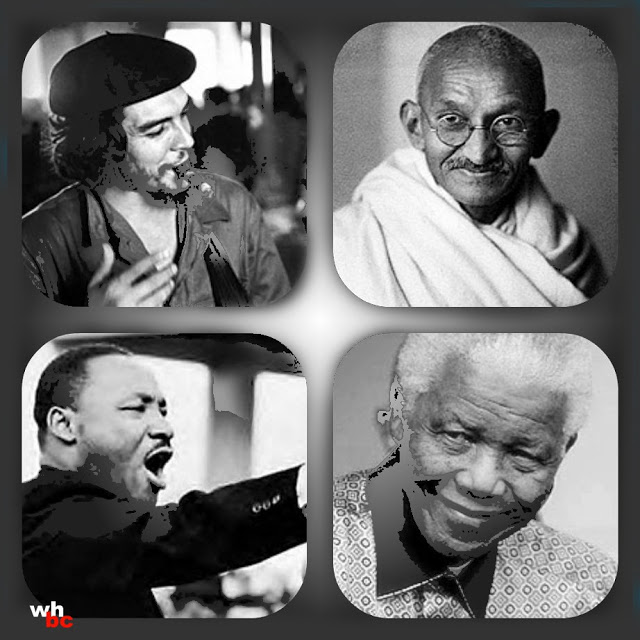Human Rights & Employment
1. Human Rights
1.2. International bodies and declaration
What are Human Rights?
It is difficult to define what human rights are (Human Rights / HR). Wikipedia defines them as:
"Human rights are ethical principles that set specific standards of human behaviour and are usually protected as legitimate rights under national and international law."
Watch below a short video on the difficulty of defining human rights.
Human rights focus on people, relate to human existence, and highlight the uniqueness of everyone. According to the Council of Europe, the two basic principles of all human rights are: the principle of dignity and the principle of equality. According to the same organization their characteristics are:
a. They are inalienable. This means that you cannot lose them, because they are linked to the very fact of human existence, they are inherent to all human beings.
b. They are indivisible, interdependent and interrelated. This means that different human rights are intrinsically connected and cannot be viewed in isolation from each other. The enjoyment of one right depends on the enjoyment of many other rights and no one right is more important than the rest.
c. They are universal. This means that they apply equally to all people everywhere in the world, and with no time limit.
ACTIVITY
There are instances where the inalienable nature of rights can be removed by one's own actions. For example, the right of liberty is lifted for someone who is arrested for robbery. Can you think of 1-2 similar cases?
UNIVERSAL DECLARATION ON HUMAN RIGHTS 10 DECEMBER 1948
The Declaration consists of 30 articles affirming an individual's rights :
|
Article 1 |
Right to Equality |
|
Article 2 |
Freedom from Discrimination |
|
Article 3 |
Right to Life, Liberty, Personal Security |
|
Article 4 |
Freedom from Slavery |
|
Article 5 |
Freedom from Torture and Degrading Treatment |
|
Article 6 |
Right to Recognition as a Person before the Law |
|
Article 7 |
Right to Equality before the Law |
|
Article 8 |
Right to Remedy by Competent Tribunal |
|
Article 9 |
Freedom from Arbitrary Arrest and Exile |
|
Article 10 |
Right to Fair Public Hearing |
|
Article 11 |
Right to be Considered Innocent until Proven Guilty |
|
Article 12 |
Freedom from Interference with Privacy, Family, Home and Correspondence |
|
Article 13 |
Right to Free Movement in and out of the Country |
|
Article 14 |
Right to Asylum in other Countries from Persecution |
|
Article 15 |
Right to a Nationality and the Freedom to Change It |
|
Article 16 |
Right to Marriage and Family |
|
Article 17 |
Right to Own Property |
|
Article 18 |
Freedom of Belief and Religion |
|
Article 19 |
Freedom of Opinion and Information |
|
Article 20 |
Right of Peaceful Assembly and Association |
|
Article 21 |
Right to Participate in Government and in Free Elections |
|
Article 22 |
Right to Social Security |
|
Article 23 |
Right to Desirable Work and to Join Trade Unions |
|
Article 24 |
Right to Rest and Leisure |
|
Article 25 |
Right to Adequate Living Standard |
|
Article 26 |
Right to Education |
|
Article 27 |
Right to Participate in the Cultural Life of Community |
|
Article 28 |
Right to a Social Order that Articulates this Document |
|
Article 29 |
Community Duties Essential to Free and Full Development |
|
Article 30 |
Freedom from State or Personal Interference in the above Rights |
Follow the link below and search for more material and activities.
https://www.ohchr.org/EN/UDHR/Pages/Language.aspx?LangID=grk
ACTIVITY
Watch a short introductory video to get an idea of the breadth, form and meaning of human rights.
ACTIVITY
After completing the Study of the Declaration, you can certainly complete your next mission. Recognize the four personalities who have become famous for defending human rights in the photo below. Which human right(s) did they fight for?
